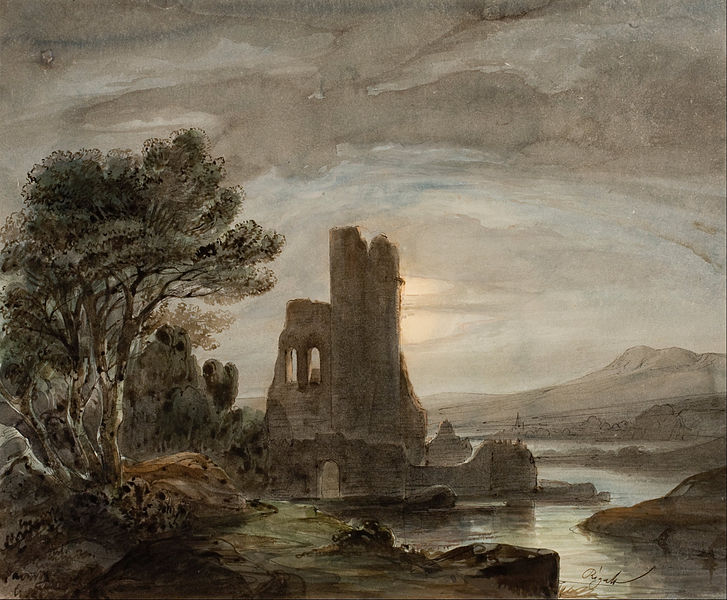“What were the middle ages?

The most important question, of course, is “What were the middle ages? What was the character of them?” In textbooks, maybe a hundred years ago, they were often referred to as the “Dark Ages” and that was a wonderful way of being able to say nothing important happens and we can skip it.
And there’s a, particularly, a Protestant tendency to do that. Okay, Augustine died, when exactly did Luther come along? Let's go from one good guide to another and let's ignore the fact that there are only about eleven hundred years between them and surely nothing much could have happened in those eleven hundred years.
Let's get to the Reformation. Well, they weren’t a Dark Age. They were, in fact, an age of a great deal of cultural and intellectual and ecclesiastical accomplishment that is very important and we need to take a serious look at.

Dark Ages (ca. 1200–800 BC): Mass Migrations and Development of Homeric Epics. The Dark Ages were a time of great migrations and developments which saw the evolution of Greek mythology and the development of the Homeric Epics: The Iliad and the Odyssey (Hammond, A History of Greece, 72–91). Most likely during the end of the Mycenaean Civilization and the beginning of the Dark Ages, Troy was sacked by a group of Mycenaean Greeks (Bury and Meiggs, A History of Greece, 49–51. This event would become immortalized in Greek minds and transcribed through the Iliad (Hammond, A History of Greece, 60–64, 88–91; Bury and Meiggs, A History of Greece, 44–51).
Humanistic historians and secular sociologists are eager to assign their carefully-crafted, far-reaching labels to just about anything. Centuries-long periods of history and entire generations of people have been adorned with meaningless titles and simplistic definitions. From the so-called “baby-boom generation” to the “me generation” and “generation x,” our society has determined that bestowing a general category upon an entire population based on age is generally appropriate. Similarly, entire periods of history are known for the type of metal prominently used during that particular period, for instance, the “Bronze Age.” We have “golden” ages and ages of “enlightenment,” the “Age of Reason” and the infamous “Dark Ages.”

Although modern historians have generally done away with using the term “Dark Ages” (AD 476–1000), it is still a label that is stuck in the minds of most of us when we think of the early middle ages. We too often forget, however, that the dark ages did not begin in the fifth century in Europe, nor did they end at the turn of the first millennium AD. The dark ages began long ago in the garden of Eden when Adam and Eve rebelled against the Lord and fell into a corrupt state. And while no respectable historian would ever assign the title “Dark Ages” to the larger part of the history of civilization, since the fall, man has witnessed a dark age.

Nevertheless, ever since the fall, the Lord has shed the light of His Gospel upon the world. In Genesis 3:15, we hear the words of the first Gospel spoken to our great ancestors, and throughout history, we see how God has brought His light to His people amid their darkest hours. In the Old Testament, we witness the Christological prophecy of Isaiah in which he heralds the coming Light of the World: “The people who walked in darkness have seen a great light; those who dwelt in a land of deep darkness, on them has a light shined” (9:2). In the New Testament, we witness the fulfillment of that proclamation: “In him was life, and the life was the light of men. The light shines in the darkness, and the darkness has not overcome it” (John 1:4–5). Although the history of sixth-century civilization is much darker than humanists and secularists can comprehend, there is a glorious light that shines in the darkness. In the sixth century as well as in the twenty-first century, the Lord enables His light to shine through us so that we might live for God's glory in a dark world.
(2006). Tabletalk Magazine, August 2006: The History of the Church in the Sixth Century, 2.

